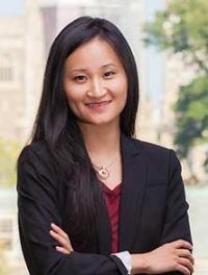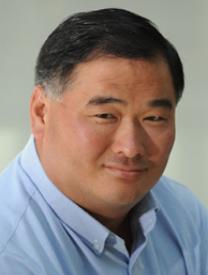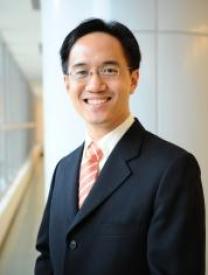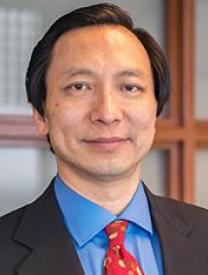Each year, the CSCC invites leading experts to Penn to present their research and share their knowledge about contemporary China. Typically scheduled for Wednesday afternoons 4:30-6 pm, speakers will deliver their remarks and then entertain questions from the audience. Attendance is open to the entire Penn community. Announcements about upcoming talks will be posted on the CSCC website and disseminated via the Center’s listserv. To be added to the listserv, please visit our signup page https://groups.sas.upenn.edu/mailman/listinfo/cscc-announce.
Past Speaker Series
Productive Force, Property Rights, and Land Law in China
Susan H. Whiting, Associate Professor of Political Science, University of Washington
A prominent hypothesis in the political economy of development holds that secure property rights are a prerequisite for economic growth. This claim presents a puzzle in the Chinese case, where growth has been…
Mobilizing Without the Masses in China
Issues in Contemporary East Asia colloquium series
Diana Fu, Assistant Professor of Asian Politics, University of Toronto
When advocacy organizations are forbidden from rallying people to take to the streets, what do they do? When activists are detained for coordinating protests, are their hands ultimately tied? Based on political…
How the Chinese Communist Party Has Struggled with Managing Public Opinion and the Administration of Criminal Justice in the Internet Age
Ira Belkin, Executive Director, U.S.-Asia Law Institute
It is common in the United States and other societies for the public to focus on how justice should be served in individual cases and, occasionally, even to take to the streets to demand or protest a particular…
Anti-Discrimination Law and Social Activism in China: Gender in Employment and Other Issues
Xiaonan Liu, Professor of Law, Institute for Human Rights, China University of Political Science and Law; Yizhi Huang, Attorney, Beijing Yirenping Center
China’s laws and international treaties that China has joined prohibit or limit discrimination in employment on the basis of gender, ethnicity, disability, rural residency, or having an infectious disease. Victims…
Rotating to the Top: How Elites and Commoners Rise in the Chinese Communist Party
Yiqing Xu, Assistant Professor of Political Science, UCSD
This research investigates the career trajectory patterns of Central Committee members of the Chinese Communist Party in the reform era, including descendants of prominent party senior officials (elites) and those…
China’s FDI in the United States
Judith and Marshall Meyer Lectures on China’s Economy
Daniel Rosen, Founding Partner, Rhodium Group
Daniel H. Rosen is a founding partner of RHG and leads the firm’s work on China. Mr. Rosen has more than two decades of experience analyzing China’s economy, corporate sector and US-China economic and commercial…
China's Economy: Fiscal Stimulus, Innovation and Productivity
Judith and Marshall Meyer Lectures on China’s Economy
Chang-Tai Hsieh, Phyllis and Irwin Winkelried Professor of Economics, University of Chicago
What Explains Corporate Governance Regimes in China? The Same Old American Law and Economics Theories
Yun-Chien Chang, Professor of Law, Academia Sinica, Taiwan
The corporate literature has examined what factors affect corporate governance regimes and the effect of the choice of such regimes in the U.S. and other developed economies. Very few empirical works have been done…
Rethinking the impact of US-China Trade on US Employment: A Value-Chain Perspective
Judith and Marshall Meyer Lectures on China’s Economy
Shang-Jin Wei, N.T. Wang Professor of Chinese Business and Economy, Columbia University
Political rhetoric and recent research have emphasized the effect of US-China trade on displacement of US manufacturing jobs. However, the United States imports intermediate inputs from China, helping downstream US…
Art Test Fever: Art School and Evaluation Regimes in China
Lily Chumley, Assistant Professor of Media, Culture and Communication, New York University
Over the course of the 1990s and early 2000s, the Chinese art and design secondary education system expanded dramatically, along with the private test-prep schools that prepared students for standardized examinations…







